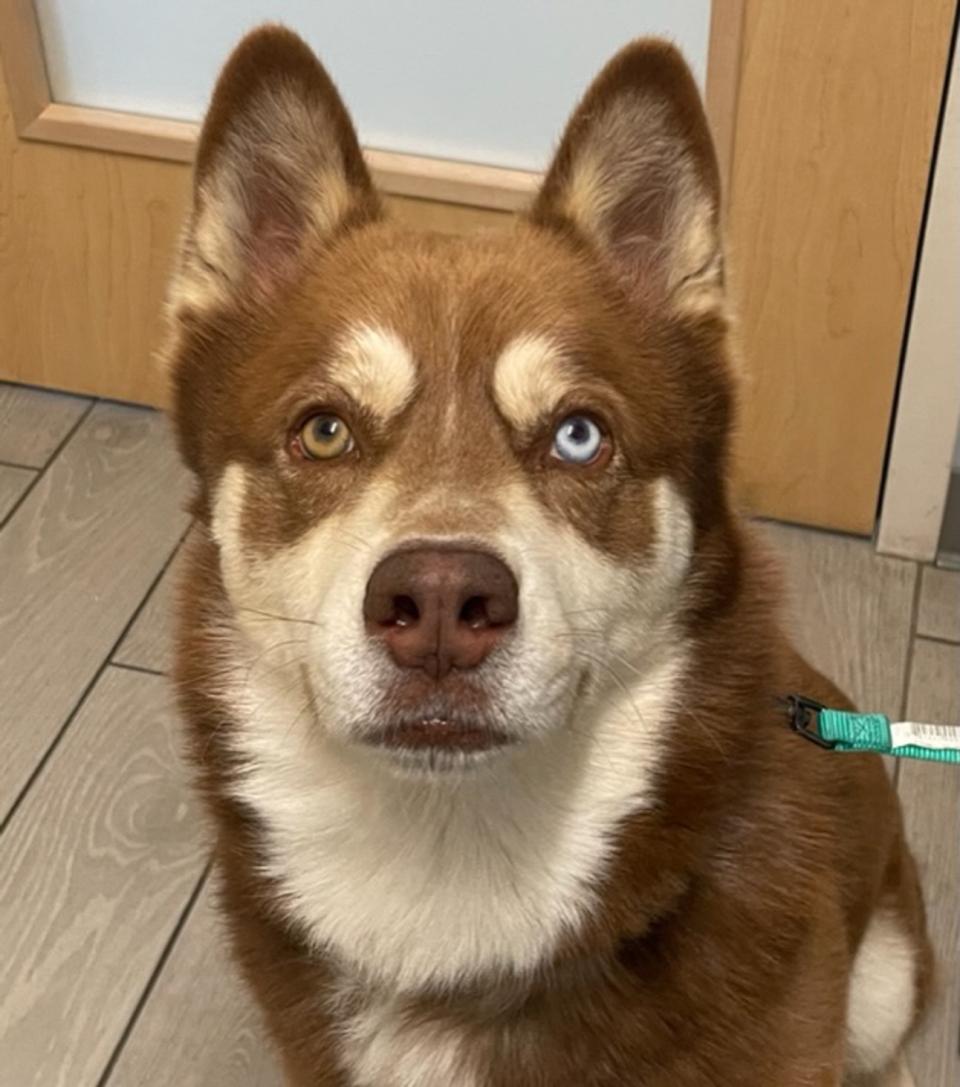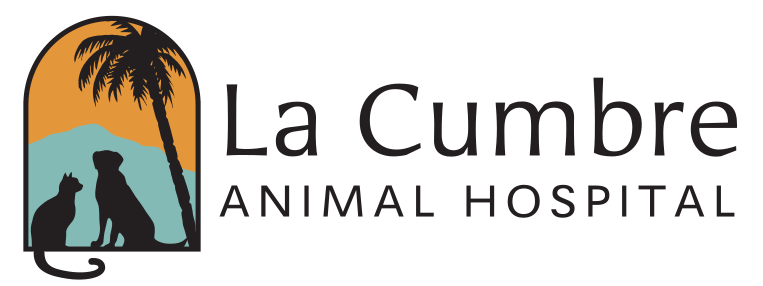
What is the difference between dog spaying and neutering?
These terms are dependent on the sex of the dog and what organ is being removed:
- Spay (ovariohysterectomy): removal of the ovaries and uterus to sterilize a dog.
- Neuter (castration): removal of the testicles to sterilize a dog.
How does dog spaying or neutering impact the health and well-being of my pet?
Spaying or neutering your dog is deeply beneficial to your pup's overall quality of life! Intact female dogs are at risk of pyometra (an infection of the uterus) and uterine & ovarian cancer. Spaying your pup completely eliminates the risk of these diseases. Intact male dogs run the risk of testicular cancer and hormone-related aggression & urge to roam. Neutering eliminates the risk of testicular cancer and decreases sexual urges, which contribute to aggression & roaming behaviors.
How soon should I bring your pet in to see a veterinarian to get my dog spayed or neutered?
We recommend puppies be seen as soon as possible for their initial puppy exam. At the exam, the doctor can discuss the best age for your pup to be spayed/neutered based on their size, breed, etc. If you're in ownership of an intact adult dog, a doctor can also recommend how & when we go about scheduling the procedure after your dog is seen for a physical exam.
What are some possible conditions that can be helped by spaying or neutering my dog?
For both female & male dogs, sterilization can reduce the likelihood of separation anxiety & fearful elimination. Both also have a higher likelihood of living longer lives.
How will spaying or neutering affect my dog in the future?
Spaying & neutering both significantly reduce roaming behaviors, irritability, & aggression. Sterilization can also lead to dogs being more affectionate with people.
What will my veterinarian need to know about my dog before spaying or neutering?
Your veterinarian will need to have examined your dog prior to scheduling any general anesthetic procedure. Your vet will be able to give a more accurate estimate as to how old your pup should be prior to sterilization - for some larger breed dogs, it's recommended to wait until the pup is one year or older. For male dogs, the vet will want to determine whether both testes are outside of the body or if your pup is cryptorchid (where one or both testes have failed to descend from the abdomen into the scrotum.) For female dogs, it's important for your vet to know whether your pup has gone through their first heat cycle or if they have recently been or will be going into heat; this determines when a spay procedure can be scheduled.
How long will it take for my dog to recover from being spayed or neutered?
For dog spay & neuter procedures, there is a two week recovery period where it is highly recommended & encouraged that exercise is restricted, your pup remain as calm as possible (sedatives will be sent home to assist with this), and your dog is always wearing a cone and/or a recovery shirt. We want to ensure that your pup cannot irritate, injure, or damage the surgical site & cause post-surgical complications or infection.
What care should I be prepared to provide at home while my dog is recovering from their spay or neuter surgery?
You will want to follow the instructions provided during your "To Go Home" talk with your dog's surgical technician: exercise restriction (no running, jumping, or rough play), no bathing or water exposure, & to check the incision site daily for any signs of irritation or infection. The goal is to keep your pup as calm as possible for 2 weeks following the surgery - your vet will prescribe sedatives appropriate for your pup's size & demeanor. If you don't already have one, a crate is a great tool for a surgical recovery period, especially when your pet isn't within your sight.
If you have questions regarding getting your dog spayed or neutered, give us a call. We’re always here for you!
